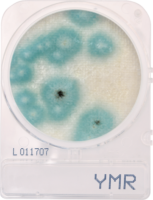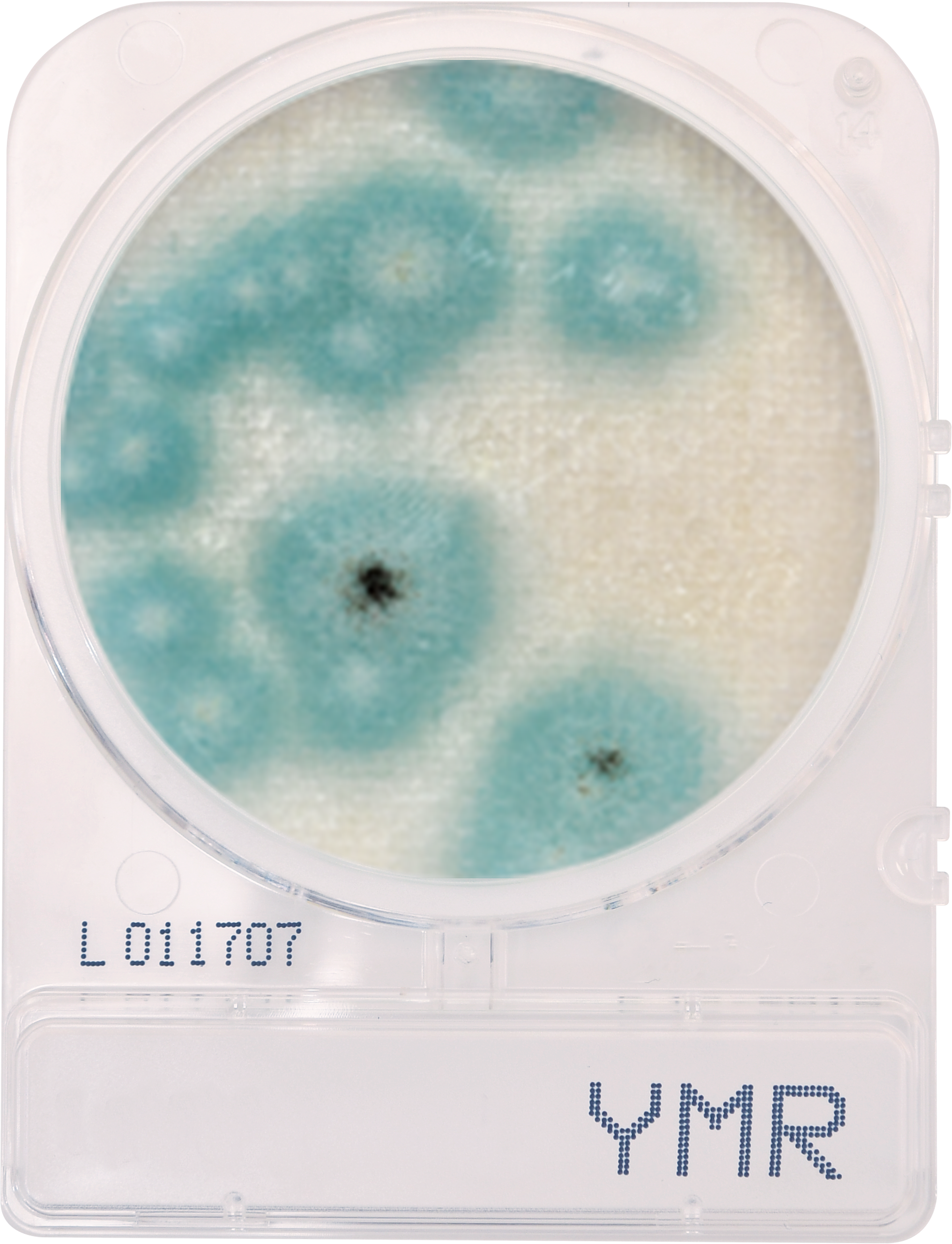As of now, there are only two cannabis testing labs in Connecticut. Last year, regulators in the state approved a request from AltaSci Labs to raise the testing limits for yeast and mold at their lab from 10,000 colony forming units per gram (cfu/g) up to 1 million. The other lab, Northeast Laboratories, has kept their limits at 10,000 cfu/g.

According to CTInsider.com, that request was approved privately and unannounced and patients were notified via email of the change. Ginny Monk at CTInsider says patients enrolled in Connecticut’s medical cannabis program have been outspoken over safety concerns, a lack of transparency and little voice in the decision-making process.
Connecticut has a small medical cannabis market with roughly 54,000 patients in the program and they are in the midst of readying the launch of their adult-use market.

Following public outcry regarding the change at the recent Social Equity Council meeting, state regulators have proposed a change to microbial testing regulations. The new rule will set the limit at 100,000 cfu/g for yeast and mold and requires testing for specific forms of Aspergillus, a more harmful type of mold.
Kaitlyn Kraddelt, spokeswoman for Connecticut’s Department of Consumer Protection, the agency in charge of testing regulations for the state’s cannabis program, told CTInsider.com that they involved several microbiologists to develop the new rule. “These new standards, which were drafted in consultation with several microbiologists, will prohibit specific types of yeast and mold in cannabis flower that may cause injury when inhaled and allow 10^5 cfu/g of colony forming units that have no demonstrated injurious impact on human health,” says Krasselt.
The rule change is now undergoing a public comment period, after which the Attorney General’s office will get a review period. If approved, it’ll head to the legislature, where a committee has 45 days to act on it.



